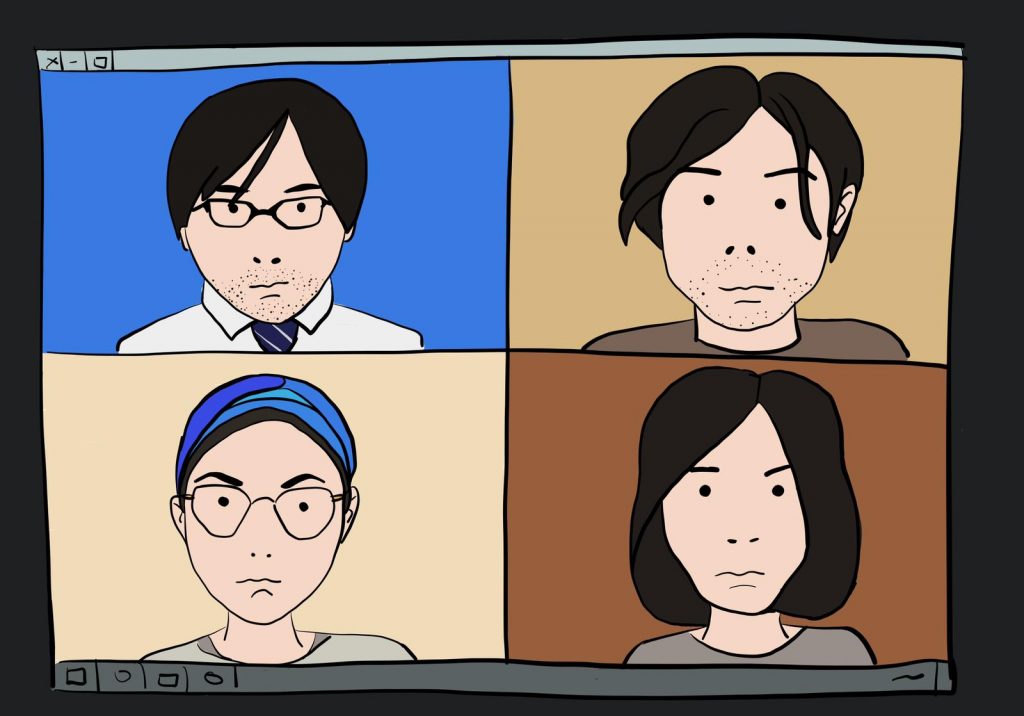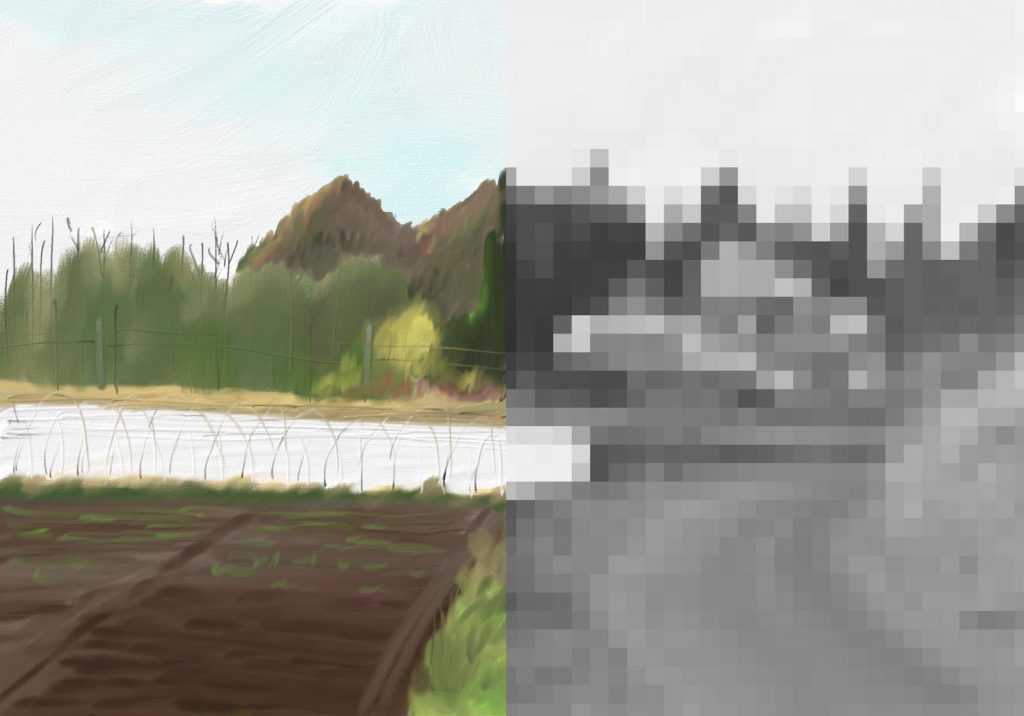by Cornelia Reiher
During the Covid-19 pandemic, more Japanese than usual became interested in or actually moved to rural areas [1]. To those interested in relocating to the countryside, several events and fairs provide information about the relocation process, support programs and different areas and municipalities. However, due to the pandemic, many of these events were cancelled or held online. This includes events like the so-called ijū fea (relocation fairs) organized by national organizations like the Japan Organization for Internal Migration (JOIN) or the Furusato kaiki shien sentā (NPO) as well as events organized by prefectures and municipalities. The formats vary from presentations for a larger audience to individual online counselling.
Since Japan’s borders are still closed to foreigners, we cannot do onsite fieldwork in Japan. Therefore, participating in such online events turned out to be a great opportunity to learn more about our research topic and relevant stakeholders and to reflect about (future and digital) access to the field. In April, I participated in an event organized by one prefectural government in Kyūshū that introduced the Chiiki okoshi kyōryokutai (COKT) program. This program was initiated by the Japanese Ministry of Internal Affairs and Communication (Sōmushō) in 2009 and provides municipalities in rural Japan with resources to support people from urban areas to move to their communities and to promote revitalization activities. [2] The event was chaired by an employee from the prefectural office. Two COKT participants from different towns spoke about their experiences and two employees from the municipal halls of the respective towns introduced their municipalities.
Copyright © Charlotte R. 2021
I learned a lot about specific issues related to relocation via the COKT program and the individual experiences of the two former COKT members. Both talked about strong social networks in rural towns as a benefit of rural life and gave advice to future applicants to the program. They encouraged them to visit the place they want to relocate to before applying for the program. All speakers stressed that the application should be written with passion. It was also very interesting to learn about how representatives from the two municipalities promoted their towns to people interested in relocating to Fukuoka prefecture. While one particular emphasized the convenient infrastructure and family-friendly atmosphere, the other promoted housing support via the local database for abandoned houses (akiya banku).
Copyright © Charlotte R. 2021
I approached this event as I would have approached any event during onsite fieldwork and took notes during and after the event. On the downside, this format only allowed for one-way communication. Because Zoom was set in a way that only speakers were visible, I didn’t know how many other people participated in the event and I couldn’t approach neither audience nor speakers after the presentations to introduce myself and ask for an interview. However, I gained valuable insights into the proceedings of such events, about some topics COKT members, municipalities and prospective applicants to the program are concerned with, I got to know people I can contact via email and received information about future events I can attend. And despite the fact that this fieldwork took place at my desk in my home office, it brought back some of the excitement about fieldwork. I even was a bit nervous because I didn’t know what to expect. I did not only feel closer to the field, but also inspired by learning about people’s experiences and perspectives on relocation to rural Kyūshū and the COKT program.
Copyright © Charlotte R. 2021
[1]
Motohashi, Atsuko and Daichi Matsuoka (2020), More people moving to rural areas across Japan as new lifestyles emerge due to virus, The Mainichi, June 14, 2020, https://mainichi.jp/english/articles/20200612/p2a/00m/0fe/016000c?fbcl (last accessed May 14, 2021).
[2]
Reiher, Cornelia (2020), „Embracing the periphery: Urbanites’ motivations to relocate to rural Japan”, in Manzenreiter, Wolfram, Lützeler, Ralph und Sebastian Polak-Rottmann (eds.), Japan’s New Ruralities: Coping with Decline in the Periphery, London: Routledge, S. 230-244.



